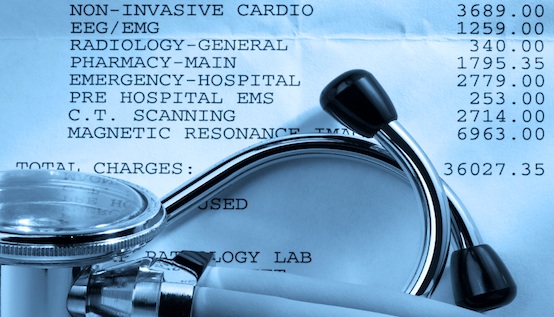1. Only buy life insurance if you have dependents. This would mean that you have a wife or kids or an elderly relative that depends upon you for their lively hood. What would happen to them if you died? That's how you need to look at it. If you don't have anybody effected by your death (financially that is) than you don't need it. Note this also applies to people who have student loans that are co-signed by their parents.
2. Only buy term life insurance. It's been proven repeatedly that you can increase your net worth and flexibility by buying term life insurance and then taking the difference between that amount and whole life insurance and investing the rest. Here's how it works:
term life insurance: $50 a month
whole life insurance: $450 a month
*this leaves you with a difference of $400 a month to invest with. Take the $400 each month and invest it in ETFs for both domestic and international. If you're within 10 years of retiring you should be putting it into bonds funds. This assumes that you have the emotional stability to not sell when your portfolio drops by 50%. If you don't, put it all into bond funds.



 RSS Feed
RSS Feed
